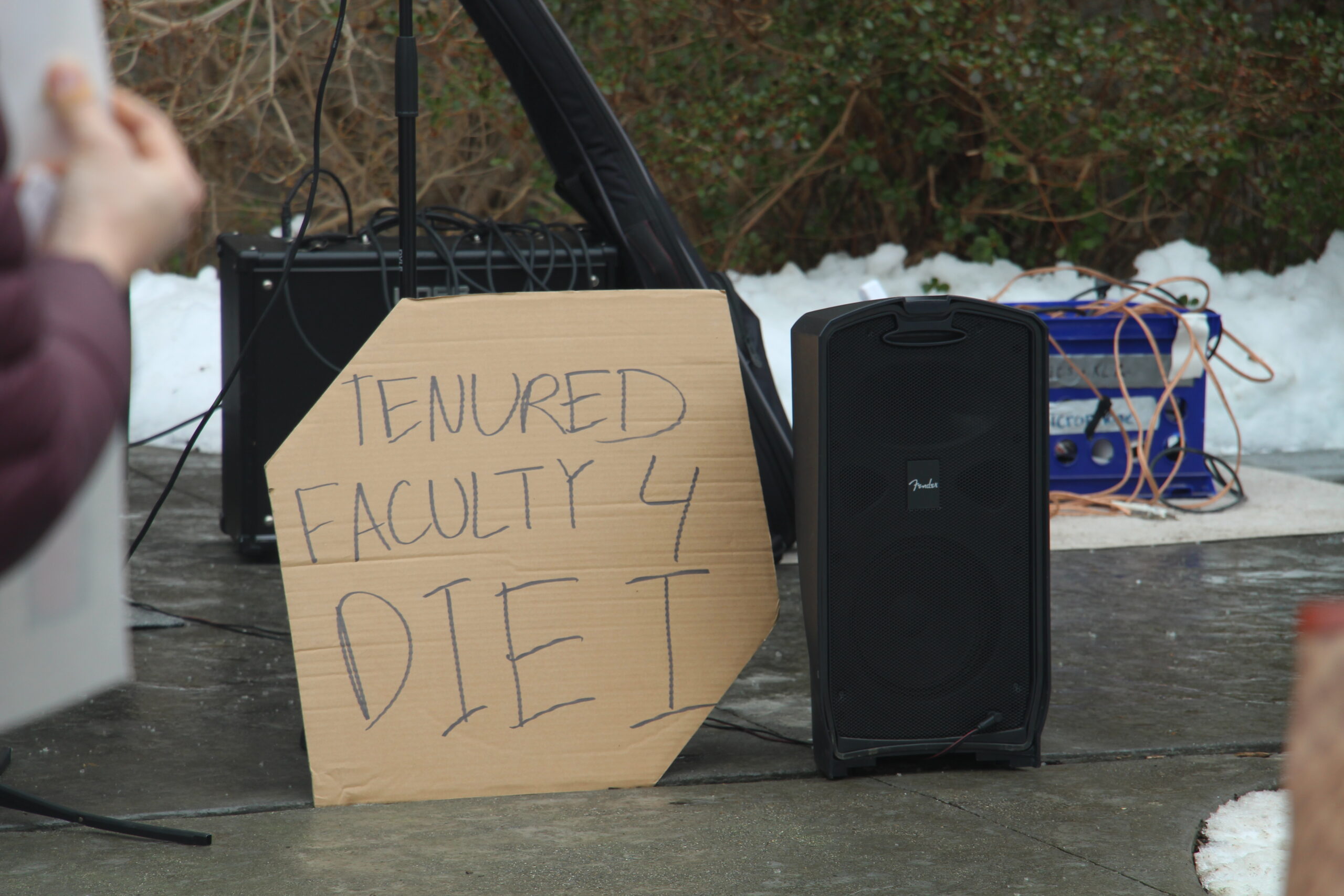Jeff Sessions, a man deemed too racist to serve as a federal judge in the 1980s, now heads the United States Department of Justice and holds a coveted position as the nation’s chief law enforcement officer and lawyer. To many young people across the country– myself included– this feels like a scary episode of Black Mirror or The Twilight Zone, one in which someone’s crazy old racist grandfather has, seemingly out of nowhere, ascended to a position of power that affects more people than just those living in his condo complex in Boca Raton.
While the analogy above can be applied to the majority of President Trump’s cabinet, Sessions stands out. He is an unabashed racist and has spent the majority of his career opposing civil rights and the Voting Rights Act, doing everything in his power to make it more difficult for people of color to vote. He’s close with the KKK, but this otherwise rosy relationship hit a snag when Sessions revealed he thought the KKK was “Ok until [he] learned they smoked pot.”

Illustration by Roo Lerner
Sessions famously said “Good people don’t smoke marijuana,” and has been quoted as saying, “I think one of [Obama’s] great failures– it’s obvious to me– is his lax treatment in comments on marijuana… It reverses 20 years almost of hostility to drugs that began really when Nancy Reagan started ‘Just Say No.’”
Sessions is one of a select group of people who feel nostalgic for Reagan’s War on Drugs. That’s likely because of the war’s debilitating effect on communities of color across the nation and because of Sessions’ close ties with the private prison industry.
In February, White House Press Secretary Sean Spicer told reporters that he expects states to see “greater enforcement” of the federal law against marijuana use, a statement that prompted advocates for marijuana legalization to fall into a paranoid frenzy.
Sessions’ review of Obama-era policies of “hands-off” pot enforcement has liberal and libertarian lawmakers rattled, but behind closed doors he promised senators Rand Paul (R-Kentucky) and Cory Gardner (R-Colorado) that he would have “some respect for states’ rights on these things.” While this may seem somewhat reassuring, don’t forget that Sessions has been accused of lying under oath to the Senate about meeting with a Russian diplomat during the campaign season.
On March 15, in a speech about violent crime in Richmond, Virginia, Sessions spoke briefly about the opioid addiction crisis facing the nation. He said that as heroin and opioid abuse continues to rise, violent gang activity does as well. Harping on rhetoric perfected during the height of the War on Drugs, Sessions stated that the only way to deal with addiction was to make sure people never use drugs in the first place. While this tactic is both antiquated and unrealistic, I could kind of see the logic behind his perspective– until he dropped a bombshell about marijuana. He said:
“I realize this may be an unfashionable belief in a time of growing tolerance of drug use. But too many lives are at stake to worry about being fashionable. I reject the idea that America will be a better place if marijuana is sold in every corner store. And I am astonished to hear people suggest that we can solve our heroin crisis by legalizing marijuana—so people can trade one life-wrecking dependency for another that’s only slightly less awful. Our nation needs to say clearly once again that using drugs will destroy your life.”
For me, logic is more at play than fashionability in efforts to decriminalize marijuana. Marijuana is not “only slightly less awful” than heroin and opioids; overdoses from the latter killed almost 33,000 people in 2015. Prescription painkillers are a central, though not the singular, cause of the epidemic, and studies have shown that legalization of medical marijuana has been associated with a reduction in opioid painkiller prescriptions, overdoses and opioid-linked traffic deaths.
As heroin and prescription drug abuse in the US has reached a 20 year high, the country is undoubtedly facing a drug epidemic. Sessions should focus his efforts on the crisis, but targeting states that have legalized marijuana is a tactic that will not play well. If Sessions cracks down on the legal and medicinal marijuana industries, approximately 150,000 people could be left unemployed nationwide, and a nearly six billion dollar industry could be squashed. We would see a reversal in policies meant to keep urban youth, predominantly those of African American and Latino descent, out of prison for petty offences such as marijuana possession. But this is by no means the end of the story. This issue will most definitely continue to develop, and will likely include some sort of draconian legislation. But like just about everything with this new administration, it seems impossible to predict what’s to come in the future.









